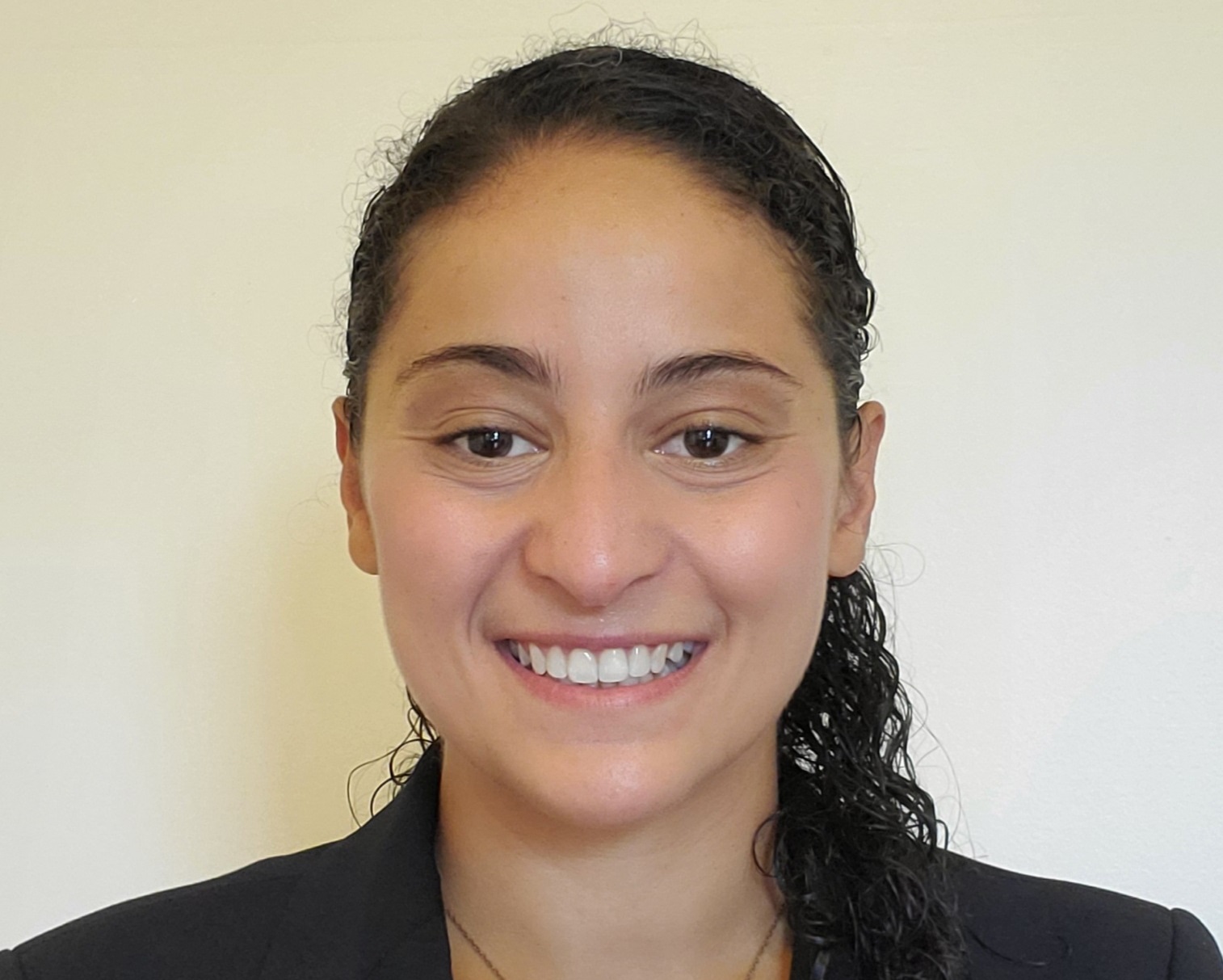The Clinician Cameo is a monthly interview series with a clinician in the Brown Department of Psychiatry & Human Behavior (DPHB).

Caroline Holman, Ph.D., is a staff clinical psychologist in Trauma Recovery Services at the Providence VA Medical Center and a clinical assistant professor of psychiatry and human behavior.
Holman talks with DPHB about racial trauma, her connection with veterans, and the "choral" components of working in diversity, equity, and inclusion (DEI).
Did you have much experience with veterans before your clinical training?
My great-grandfather served in World War I, my grandfather was a World War II veteran, and my uncle is a Vietnam veteran – all African-American men serving in the US armed forces.
I really came into working with veterans prior to grad school when I worked at the Bronx VA on an intervention for vets with traumatic brain injuries and comorbid psychiatric concerns. I’d sit in on multi-family group sessions there. Hearing them talk about their unique challenges, the incredible resourcefulness they used to cope, the support they provided to one another – it made me interested in trauma treatments and helped me see the big picture of what resilience and recovery can look like.
Working at the VA, do you become a part of military culture in any way?
I try to come at it from a position of humility. I’m not a veteran. They will have unique experiences that I will not have had myself. But working in this setting allows me to learn – just like with any aspect of diversity – about their experiences, their lives, and what is important to them.
.jpg)
Where I see a parallel between their time in the military and my work at the VA is the common value of service. That’s a big motivator for me. For veterans, their service has been to their country, for a purpose larger than themselves. For me, it’s a sense of service towards my broader community and towards folks who willingly put their lives on the line.
You teach DPHB trainees how to assess racial trauma. What are the unique considerations that come into play with that form of trauma?
Asking directly about racial trauma is a challenge because it’s new to many providers to ask about experiences of discrimination. It can be uncomfortable for the provider, it can be uncomfortable for the patient, but if everyone avoids it, it never gets acknowledged or addressed. That can impact how folks interact with their providers and lead to distrust and a lack of willingness to engage in treatment.
My goal is to encourage people to explicitly ask about racial trauma. I frame it as any other type of trauma that might be uncomfortable to ask about. The first time psychologists or psychiatrists had to ask about childhood or military sexual trauma, for example, it was probably very uncomfortable, but we figured it out, right? So I think we can figure this one out, too. You have to come from a place of willingness to learn and practice finding the verbiage that works for you and that your patients seem to respond well to.
Another piece to mention is that folks who experience racial trauma continue to exist in contexts where their race is an important determinant of their safety and access to resources. They may continue to have a multitude of experiences of discrimination and may never be out of situations where it could happen again, and this has to inform how we assess or approach racial trauma therapeutically.
You’re very involved in diversity and inclusion efforts at the VA and DPHB. What motivates that degree of commitment?
I grew up in New York City in a very multicultural environment. Just navigating around the city as a kid, my “normal” was to be surrounded by people who looked differently, came from different places, and just generally did life differently. I’m also biracial. My father is African-American and my mother is white and French, so I grew up in a multilinguistic and international community.
So first of all, besides the fact that equity is crucial to dignified, good quality care, I’m looking to give back and honor the ways in which diverse communities have personally enriched my life. Second of all, I want to play whatever part I can in shaping my professional community to help move us from a model where competencies with diversity are just an additional aspect of clinical care, because in my mind, these are essential.
People’s identities are central aspects of who they are. It’s at the core of their experiences, their reactions, the way they understand their environment and operate in the world, all of which is basically human psychology. So I don’t feel like I’m promoting competency with diversity. I feel like I’m promoting competency, period.